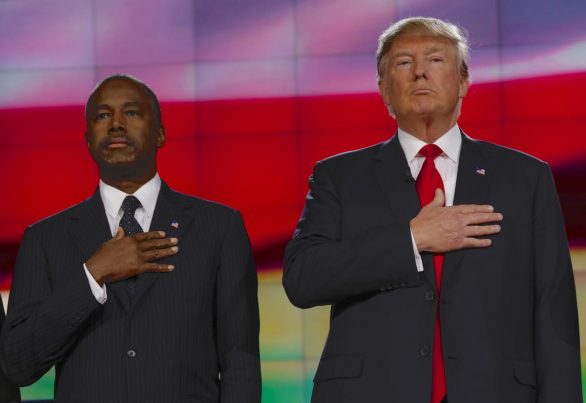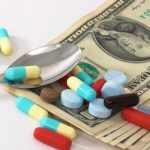
Trump to take on Big Pharma and get the healthcare industry back to treatment rather than profiteering
Friday, January 20, 2017 by JD Heyes
http://www.fda.news/2017-01-20-trump-to-take-on-big-pharma-and-get-the-healthcare-industry-back-to-treatment-profiteering.html

Without question President Donald J. Trump is shaking up “the establishment” in Washington, D.C.—including the media, academia, politics and the legalized bribery that takes place under the guise of “lobbying” and “campaign contributions.”
For example, Trump is the only president in modern history to show any interest at all in taking on Big Pharma in his bid to truly reform health care. He’s a billionaire, mind you, so he’s not worried about how he’s going to afford his next prescription or pay his monthly health premium (though we’ll be paying for it soon as taxpayers). But he seems to know instinctively that ordinary Americans are having difficulty paying for coverage and prescription medications.
But it’s not just ordinary folks pleased with Trump’s intention to take on the pharmaceutical industry; some health care providers are, too. And they say such reforms are long overdue. [RELATED: Stay current with the travails and pitfalls of modern health care at Medicine.news]
Writing at FoxNews.com, Dr. Kevin Campbell, assistant Professor of Medicine, Division of Cardiology, University of North Carolina and President, K-Roc Consulting LLC, said such changes are needed to curb “drug makers’ greed.”
“Health care reform has been a big part of the election of 2016. While the Affordable Care Act (aka ObamaCare) has taken center stage, many have wondered what may happen to the pharmaceutical and medical device industries under a Trump presidency. [During Trump’s first press conference], President-elect Trump made the answer quite clear — no more price gouging,” Campbell wrote.
Continuing, he said Americans have been treated to massive price increases over the past year of very common, long-accessible drugs like the Epipen manufactured by Mylan. This company and its CEO, Heather Bresch, are only one example of price gouging, fixing and collusion among the various Big Pharma companies.
Several other medications are also skyrocketing, Campbell said, without any real reason or explanation given. At the same time drugs are going up hundreds of percent, CEO salaries are also increasing exponentially. Coincidence?
While there have been countless cases of inflated drug prices in recent months, a precedent was established by drug giant Pfizer in late 2016, when the company was fined by Britain’s National Health Service 85 million pounds (about $102.4 million) for unfairly raising the price of an old, well-established medication for the treatment of epilepsy by 2,400 percent.
“It is clear that price gouging is not limited to newly developed or expensive biologic/designer drugs—even the price of insulin (which has been around for decades) has gone up nearly 200 percent,” Campbell wrote. Patients need it and many other drugs daily just to stay alive.
But during his press conference, Trump took direct aim at Big Pharma, making it very clear that he intends to take new steps to rein in the pharmaceutical industry because “they are getting away with murder.”
There’s no question that’s true. With an army of lobbyists and lawyers, Big Pharma has bought or negotiated its way into Congress and the federal agencies that are supposed to be looking after the people. [RELATED: Trump will also take on the vaccine lobby, stay informed at Vaccines.news]
For one, Trump said he will seek to allow Medicare to immediately begin negotiating drug prices, and that no longer will government entitlement programs be forced to pay whatever pharmaceutical companies ask. Since Uncle Sam is the biggest buyer of health care in America, that one policy change alone should save taxpayers tens of billions of dollars a year.
The president-elect also said that the pharmaceutical lobby has been a very dominant force in Washington, and that the focus has been on keeping prices (and profits) high . No one understands the need for profits better than a billionaire businessman-turned president, but he also understands how difficult Obamacare has made it for Americans to afford their health care and medications (what the ‘Affordable’ Care Act was supposed to do).
“It appears the President-elect will take quick steps to address the growing national crisis of drug costs,” Campbell wrote.
The physician academic noted that, while Americans pay much more for prescription medications than any other developed nation (blame lobbyist influence in part), he also understands that the U.S. bears the cost of research for the rest of the world. But, “while it is critical to innovation that we reward new developments, we must create limits to how much (and for how long) drug makers can charge exorbitant prices.”
Sources:
Tagged Under:





